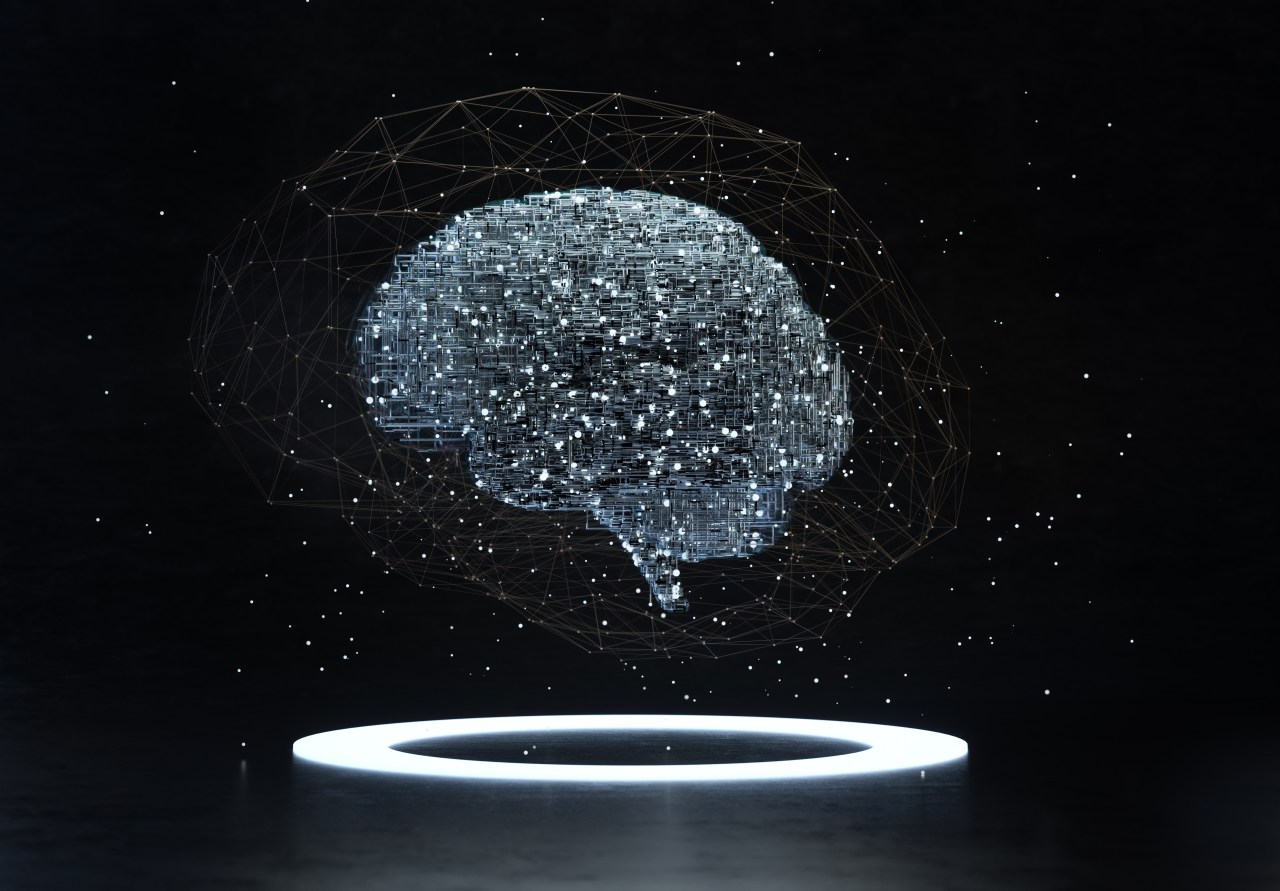In today’s rapidly evolving technological landscape, artificial intelligence (AI) is not just a buzzword—it’s a powerful force reshaping industries, including art and creativity. As AI technologies become more sophisticated and integrated into creative processes, questions surrounding copyright and authorship arise with increasing urgency. The U.K. government’s recent stance on AI and intellectual property reflects this complexity, and with AI’s growing influence, an adaptation of our legal frameworks may be inevitable. This article dives into the implications of AI-driven creations on copyright laws, with a particular focus on the U.K. landscape.
Understanding AI and Copyright: A Current Overview
While lawmakers and regulators grapple with these developments, it’s essential to comprehend the existing legal framework. The Copyright, Designs and Patents Act of 1988 (CDPA) lays the groundwork for determining authorship of creative works in the U.K. According to this framework, human authorship is a prerequisite for protection under copyright law. Specifically, a Computer Generated Work (CGW) is only protected if a human has arranged the necessary conditions for its creation, thereby excluding the AI itself as an author.
Case Studies and Court Rulings
Several key cases highlight the existing judicial views regarding AI in the context of copyright. For instance, in the case of Nova Production v. Mazooma Games, the court determined that the programmer of a video game was the author of the computer-generated work, underscoring the requirement of human agency in creative endeavors. The judge ruled against attributing joint authorship to players, who merely engaged with the game mechanics without contributing any artistic input.
Such rulings underscore the current barriers to recognizing AI as an author. As AI technology progresses, particularly in contexts where human input and AI-generated output are more intertwined, legal ambiguities arise. Can an AI’s role evolve from a mere tool to something that warrants joint authorship? This question remains largely unanswered in U.K. courts, but the ongoing deliberations in foreign jurisdictions may provide a roadmap.
The Global Perspective: Variations in AI Copyright Cases
Globally, the treatment of AI in relation to authorship varies significantly. In contrast to the U.K.’s restrictive view, the Canadian Copyright Office has recognized AI as a joint author in certain cases, while the U.S. remains steadfast in its rejection of non-human authorship. The famous case of the macaque monkey, Naruto v. Slater, further complicates this landscape, emphasizing the significant barriers international copyright frameworks pose even before the AI debate can fully develop.
Looking at the Implications
This divergence raises critical points of discussion. Should a creator, such as a programmer or artist, be granted joint authorship when they configure an AI to create? If an AI generates work that resembles human creativity, can it satisfy originality requirements under current legal standards? With laws evolving, regulators need to consider the balance between fostering innovation and protecting human creators.
The Future of AI Creators: Navigating Policy Challenges
As AI systems become capable of producing increasingly complex and artistic works, the question of policy comes to the forefront. Copyright is inherently an incentive mechanism designed to reward human creativity. Given that AIs do not require incentives to generate creative outputs, some argue against extending copyright protections to AI-generated works. However, creators who utilize AI tools still stand to benefit, as evidenced by high-profile sales like the AI-generated portrait of Edmond Belamy fetching over $432,500 at a Christie’s auction.
In examining these developments, it’s crucial for policymakers to ensure that laws keep pace with technological advancements while addressing the nuanced roles AI technologies play in the creative process.
Conclusion: Preparing for Change
The evolution of AI will undoubtedly affect how copyright laws evolve in the U.K. and worldwide. As both creators and lawmakers continue to explore the implications of AI in artistic expression, clear guidelines and potential reforms may pave the way for a balanced approach that acknowledges both human creativity and AI’s role as a transformative tool.
It’s an exciting, albeit daunting, time for creators, inventors, and technologists to engage in the conversation surrounding copyright in the age of AI. As we move forward, collaboration and innovation will be essential in navigating these complex waters.
At fxis.ai, we believe that such advancements are crucial for the future of AI, as they enable more comprehensive and effective solutions. Our team is continually exploring new methodologies to push the envelope in artificial intelligence, ensuring that our clients benefit from the latest technological innovations.
For more insights, updates, or to collaborate on AI development projects, stay connected with fxis.ai.

